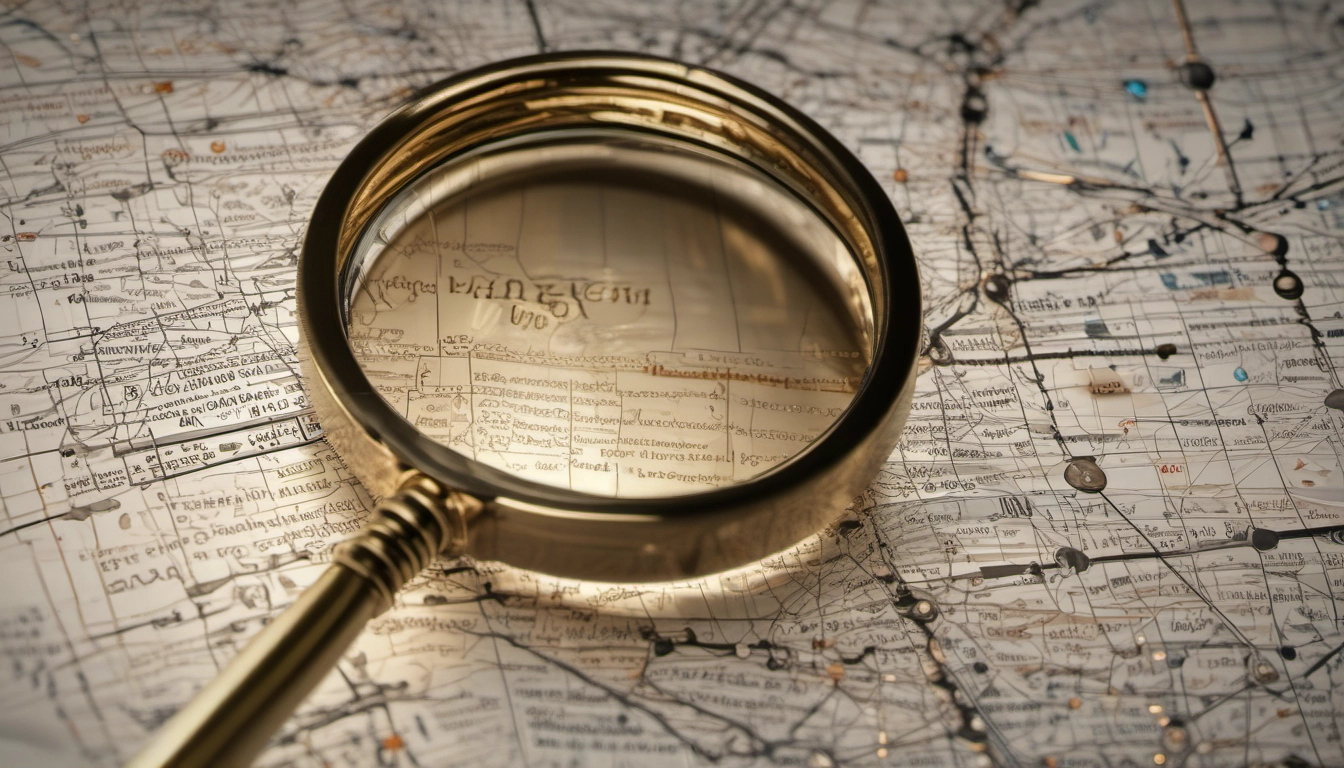The Podcast Legal Safety Playbook
A practical playbook to prevent podcast defamation and other legal risks, with a 9-step checklist and ready-to-use scripts.

The Podcast Legal Safety Playbook
Make your show safer in minutes. This playbook gives clear steps to prevent defamation, copyright, privacy, and other common podcast legal issues. It is for podcasters and producers who want practical steps, quick templates, and a simple risk checklist.
Why legal safety matters for podcasters
Podcasts can reach many people fast. That means one wrong claim can lead to a lawsuit, a takedown, or damage to your reputation. Insurance and legal help matter, but simple steps stop most problems before they start. For background on real risks, read the overview from Beazley and legal guidance on platform liability from Taylor Wessing.
Quick answer: How to avoid podcast defamation
Check facts, use clear language for opinion, record guest releases, monitor comments, and remove or correct false claims fast. Follow a short pre-publish checklist (below) and you will cut most risk.
9-step podcast legal safety workflow
- Research before you record. Verify key facts with two reliable sources for any claim that harms a person or brand.
- Use clear labels. Say when something is opinion or unconfirmed. Distinguish rumor from reporting out loud.
- Get a guest release. Have every guest sign or confirm a short release that says they spoke freely and own what they say.
- Fact-check after recording. Check dates, names, and quotes before editing. Fix errors or remove risky lines.
- Add a legal review for risky episodes. If your episode discusses allegations, crime, or a public figure, get a lawyer to review or use a senior editor to flag problems.
- Publish a clear correction process. If you learn something is wrong, publish an update and pin it in episode notes and on social posts.
- Monitor comments and reviews. Remove defamatory comments. Platforms like Apple Reviews can show abusive reviews; see practical steps at PodMatch.
- Keep records. Save research links, interview notes, and consent forms for each episode.
- Buy media liability insurance. Consider coverage that covers libel, slander, and IP claims; learn more at Beazley.
Pre-publish legal checklist (copy this)
- Do two independent checks for every fact that could harm a reputation.
- Is the claim framed as fact or opinion? If fact, is it sourced?
- Do you have a signed guest release or recorded verbal consent?
- Any mentions of ongoing legal cases or suppression orders? (See MinterEllison on suppression orders.)
- Any unlicensed music or clips? If yes, clear rights or remove.
- Assign one person to monitor post-publish comments for 72 hours.
Simple guest release (one-line script)
Ask guests to read aloud and confirm: "I confirm I consent to this recording and I am responsible for my own statements on this episode." Keep a recording of that line or a signed copy.
Short episode disclaimer (copy-paste)
"The views expressed on this episode are those of the speakers and do not necessarily reflect the views of the host or network. This episode is for informational purposes and not legal advice."
US vs UK defamation: key differences
| Topic | United States | United Kingdom |
|---|---|---|
| Proof standard for public figures | Actual malice required (must show falsehood and reckless disregard) | No actual malice; claimant must show "serious harm" to reputation |
| Publisher liability | Broad protections for platforms, but creators can be sued | Aggregators may be treated as publishers if aware of defamatory meaning; see Taylor Wessing |
| Remedies | Damages, injunctions, retractions | Damages, apologies, takedowns; notice-and-takedown can matter |
What to do if you get a complaint or cease-and-desist
- Stay calm. Do not respond publicly with angry posts.
- Preserve evidence: save the episode file, notes, and research links.
- Read the complaint. Is it a takedown request, a demand for correction, or a threat to sue?
- If you are unsure, seek legal advice. A timed response helps; contact counsel quickly.
- If the claim seems valid, correct or remove the content and publish a correction. This can reduce liability.
- If the claim is meritless, document why and consider a measured reply. If needed, have an attorney draft a response or a counter-demand.
For removing defamatory results from search, note that permanent removal usually needs a court order; see NetReputation.
Common risks beyond defamation
- Copyright: Use only licensed music or public-domain clips. Unlicensed music can force you to pull episodes and pay fines; read real cases at Wavve.
- Privacy: Avoid sharing private personal data or recordings made without consent.
- Contract breaches: Missing delivery or sponsor terms can lead to disputes.
Case study: What went wrong in common podcast lawsuits
Many cases involve restating allegations without proof, repeating rumors, or using unlicensed materials. True-crime shows must be extra careful with suppression orders and ongoing cases. For tips on sensitive topics, see StudioLegal and MinterEllison.
FAQ
Can a guest get me sued for something they say?
Yes. Hosts can be liable for published statements. Use a guest release and consider editing or removing dangerous claims.
Do I need a lawyer for every episode?
No. Use clear rules: only send episodes that discuss serious allegations or public figures to legal review.
How fast should I act on a complaint?
Act fast. Removing or correcting content within days can reduce legal risk and may help preserve defenses like notice-and-takedown protections in some jurisdictions.
Final checklist scorecard
- Ready to publish? Score 1 point for each completed item: fact checks, guest release, music rights, legal review if needed, correction plan, record keeping, moderation plan, insurer checked, and response plan. Aim for 8–9 points.
This playbook gives simple, repeatable steps. If you want a downloadable checklist and copy-paste templates, collect the items above in one file and store them with each episode record. Good practices protect your show and let you focus on telling great stories.
Need a short experiment: pick one upcoming episode and run the 9-step workflow. Note the time it takes and any changes you make. That small trial will show how easy safety can be.


